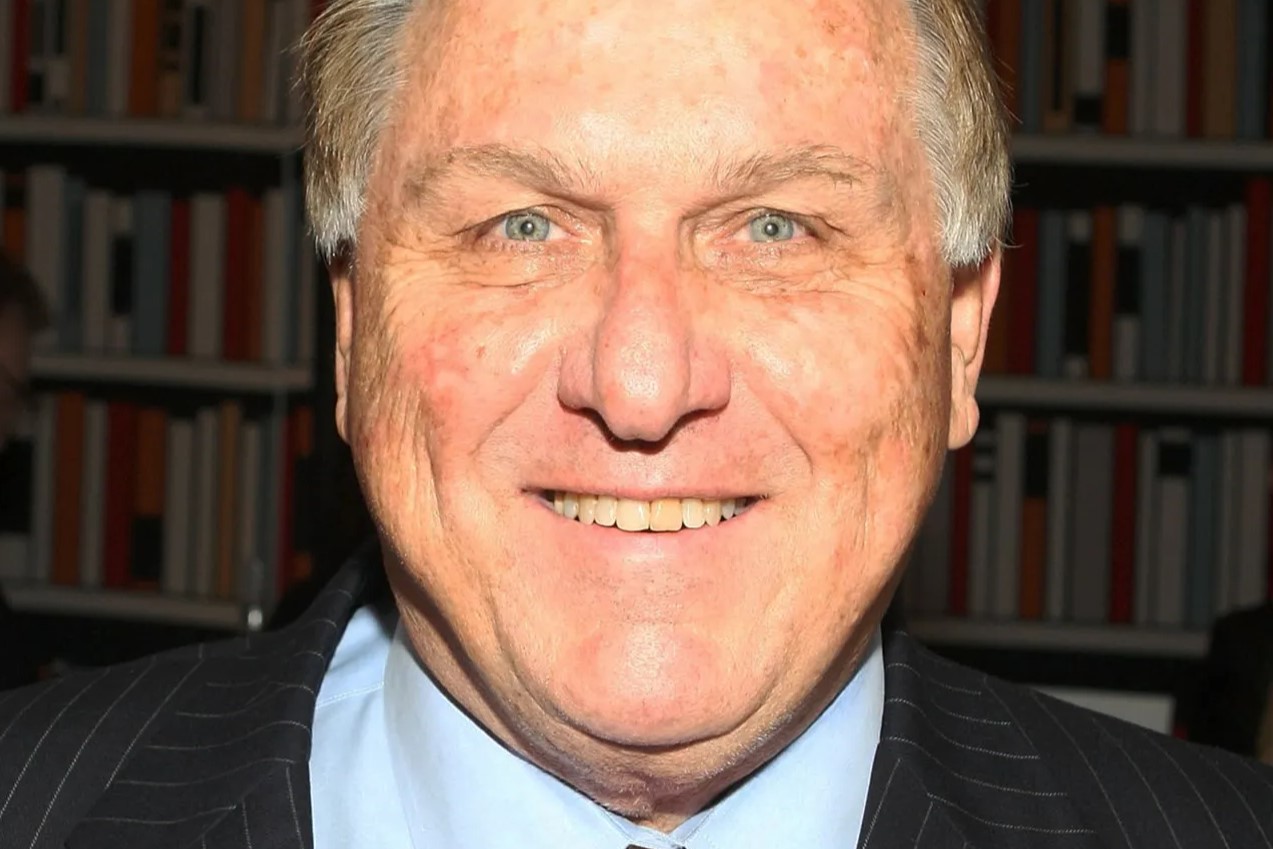
Who was James Hoffa? James Riddle Hoffa, often known simply as Jimmy Hoffa, was a prominent American labor union leader. Born on February 14, 1913, Hoffa became a key figure in the International Brotherhood of Teamsters (IBT), one of the largest and most powerful unions in the United States. His leadership style and efforts to expand the union's influence made him a household name. However, Hoffa's life was also marked by controversy, including allegations of corruption and connections to organized crime. His mysterious disappearance in 1975 remains one of the most intriguing unsolved cases in American history. Hoffa's legacy continues to spark interest and debate, making him a fascinating figure to explore.
Key Takeaways:
- Jimmy Hoffa, a prominent labor union leader, rose from humble beginnings to lead the powerful Teamsters Union and influence American labor rights and politics.
- Hoffa's mysterious disappearance and enduring legacy continue to captivate the public, inspiring books, movies, and ongoing discussions about his impact on the labor movement.
Early Life and Background
James Riddle Hoffa, better known as Jimmy Hoffa, was a prominent labor union leader in the United States. His life was filled with intriguing events and notable achievements.
- Born on February 14, 1913, in Brazil, Indiana, Hoffa grew up in a working-class family.
- His father, John Hoffa, died when Jimmy was just seven years old.
- Hoffa's mother, Viola, moved the family to Detroit, Michigan, seeking better opportunities.
- He dropped out of school at 14 to work and help support his family.
- Hoffa's first job was as a stock boy in a grocery store.
Rise in the Labor Movement
Hoffa's involvement in the labor movement began early and quickly escalated. He became a key figure in the Teamsters Union.
- At 18, Hoffa organized his first labor strike at the Kroger grocery store where he worked.
- He joined the Teamsters Union in the early 1930s.
- Hoffa became a full-time organizer for the Teamsters by 1932.
- He was known for his ability to negotiate and organize workers effectively.
- Hoffa's leadership helped the Teamsters grow from 75,000 members in 1933 to over 1.5 million by the 1950s.
Leadership and Influence
Hoffa's influence extended beyond the Teamsters. He became a powerful figure in American labor and politics.
- In 1957, Hoffa was elected president of the International Brotherhood of Teamsters.
- He played a significant role in securing better wages and working conditions for truck drivers.
- Hoffa was known for his tough negotiating tactics and willingness to stand up to employers.
- He had connections with various political figures, including President John F. Kennedy.
- Hoffa's influence extended to other labor unions and industries.
Legal Troubles and Imprisonment
Hoffa's career was not without controversy. He faced numerous legal battles and eventually served time in prison.
- In 1967, Hoffa was convicted of jury tampering, attempted bribery, and fraud.
- He was sentenced to 13 years in prison but served only five years before being released.
- President Richard Nixon commuted Hoffa's sentence in 1971.
- As part of his release, Hoffa was barred from union activities until 1980.
- Despite his legal troubles, Hoffa remained a popular figure among many Teamsters.
Disappearance and Mystery
Hoffa's disappearance remains one of the most enduring mysteries in American history.
- On July 30, 1975, Hoffa vanished from the parking lot of the Machus Red Fox restaurant in Bloomfield Township, Michigan.
- He was last seen waiting to meet with two Mafia leaders, Anthony Giacalone and Anthony Provenzano.
- Hoffa's car was found in the restaurant parking lot, but there was no sign of him.
- Despite extensive investigations, Hoffa's body has never been found.
- Numerous theories about Hoffa's fate have emerged, including being buried under Giants Stadium in New Jersey.
Legacy and Impact
Hoffa's legacy continues to influence the labor movement and American culture.
- The Teamsters Union remains one of the largest and most powerful labor unions in the United States.
- Hoffa's son, James P. Hoffa, followed in his father's footsteps and served as president of the Teamsters from 1999 to 2020.
- Hoffa's life and disappearance have been the subject of numerous books, movies, and documentaries.
- The 2019 film "The Irishman," directed by Martin Scorsese, explores Hoffa's life and disappearance.
- Hoffa's impact on labor rights and union organizing is still felt today.
Personal Life and Characteristics
Hoffa's personal life and characteristics added to his complex persona.
- Hoffa married Josephine Poszywak in 1936, and they had two children, Barbara and James.
- He was known for his charismatic and persuasive personality.
- Hoffa had a reputation for being both a tough negotiator and a compassionate leader.
- He was deeply committed to improving the lives of working-class Americans.
- Hoffa's dedication to the labor movement often put him at odds with powerful business interests.
Controversies and Criticisms
Hoffa's career was marked by controversies and criticisms, which continue to shape his legacy.
- Hoffa was accused of having ties to organized crime, although he always denied these allegations.
- Critics argued that his aggressive tactics sometimes crossed ethical and legal boundaries.
The Enduring Mystery of James Hoffa
James Hoffa's life and disappearance continue to captivate the public. His rise from a labor leader to a household name shows his influence on American labor history. Despite countless investigations, Hoffa's fate remains one of the greatest unsolved mysteries. Theories range from mob hits to secret burials, but none have been proven. His story reminds us of the power struggles within labor unions and the darker side of organized crime. Hoffa's legacy lives on through his contributions to workers' rights and the ongoing search for the truth. As new evidence occasionally surfaces, the intrigue surrounding his disappearance keeps growing. Whether we'll ever know what truly happened to Hoffa remains uncertain, but his impact on history is undeniable.
Frequently Asked Questions
Was this page helpful?
Our commitment to delivering trustworthy and engaging content is at the heart of what we do. Each fact on our site is contributed by real users like you, bringing a wealth of diverse insights and information. To ensure the highest standards of accuracy and reliability, our dedicated editors meticulously review each submission. This process guarantees that the facts we share are not only fascinating but also credible. Trust in our commitment to quality and authenticity as you explore and learn with us.


